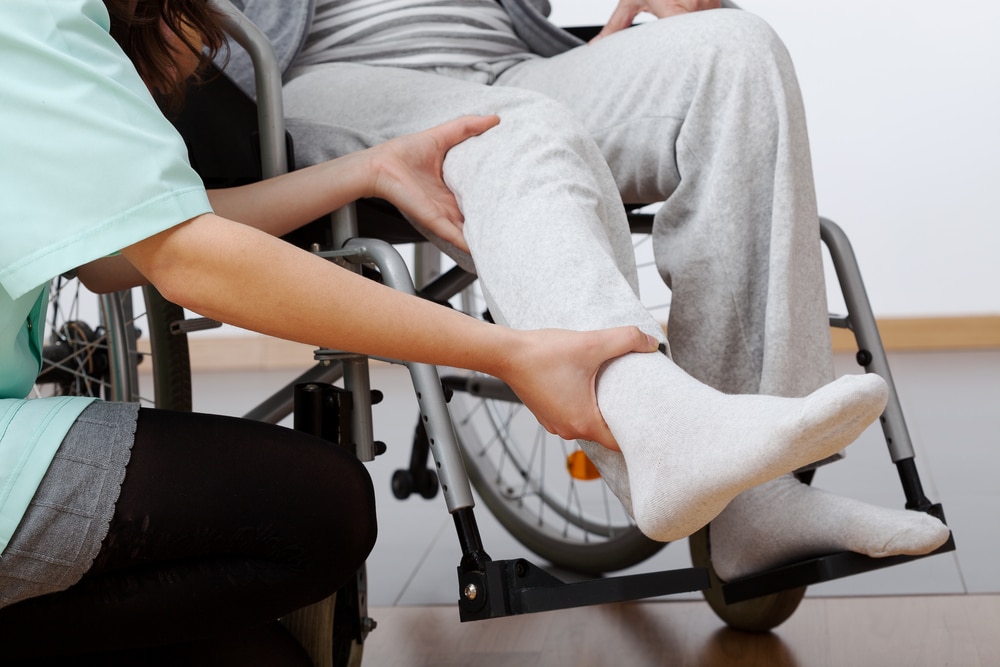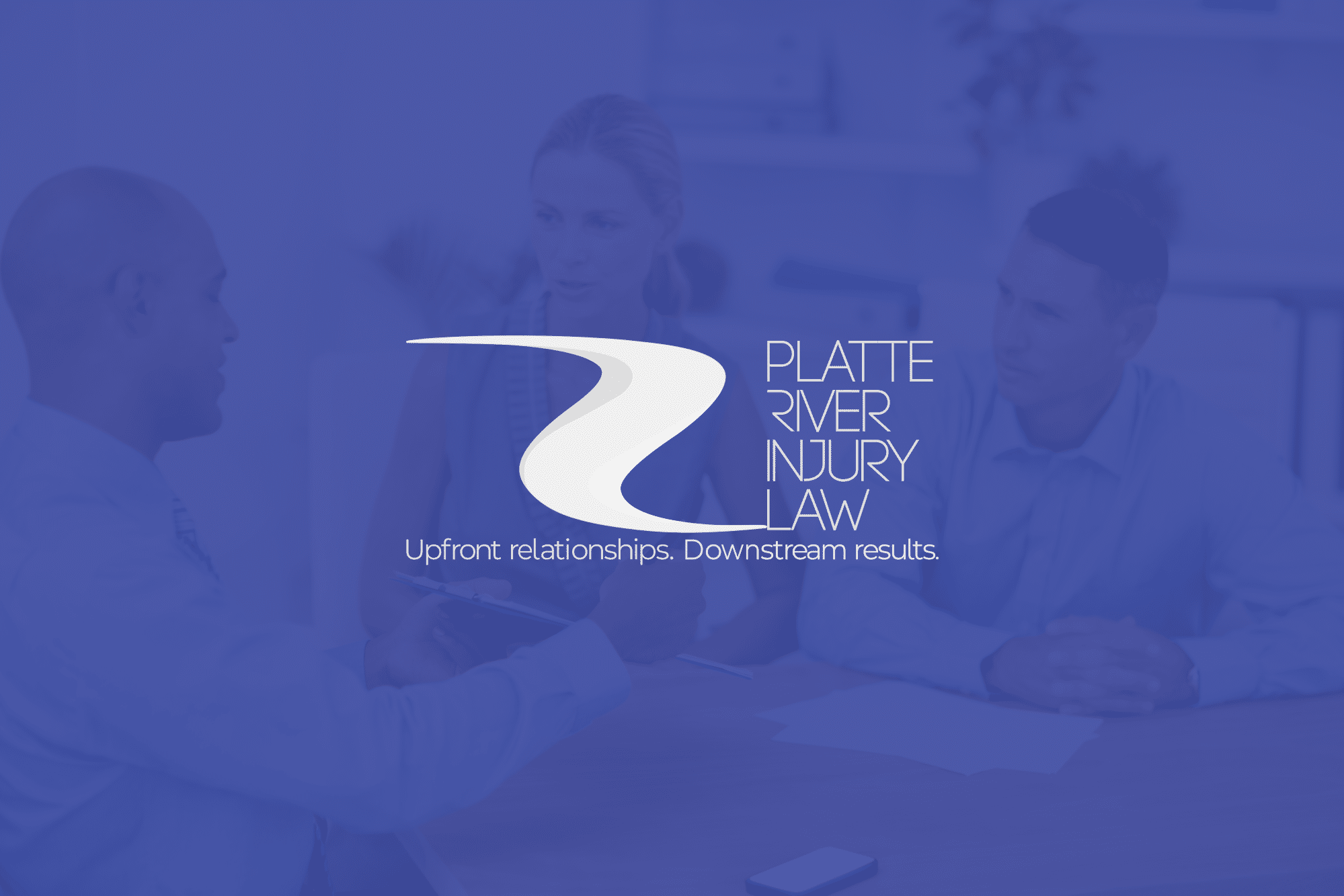How Long Does a Personal Injury Claim Usually Take to Pay Out?
Your medical and repair bills come well before your personal injury claim is settled. Unfortunately, it’s not always clear when the settlement money will come. The fastest payouts come when making a relatively straightforward claim against an insurance company, such as after an auto accident. However, if the company refuses to pay or offers a lower settlement than the claimant is entitled to, negotiations may take months. And if the case goes to court, a lawsuit settlement or damage award can take months or years.
How Damages Work in Wyoming
Under state law, the amount of damages you are entitled to depends on the amount of fault you had in the incident yourself. In a personal injury trial, a court determines the amount of fault that each plaintiff and defendant had in the incident, expressed by a percentage. A plaintiff can recover damages if they were less than 50% at fault, but their damage claim will be reduced by the percentage of fault the court found them to have. For example, a plaintiff who was 20% at fault would be able to claim 80% of their damage award.

Most personal injury claims never go to court, especially those involving auto accidents. Instead, they are settled between claimants and insurance companies. This is faster and less expensive overall, but it also means that courts don’t review the evidence and determine who was at fault—instead, insurance companies do.
Insurance Claims in Wyoming
Wyoming law mandates that property and casualty insurance companies either send an acceptance or a rejection within 45 days of receiving the claim and supporting bills. This law includes auto insurance and liability insurance for premises liability accidents such as slipping and falling.
The length of time that the company takes will vary, depending on the circumstances of the claim. Claims for minor injuries and routine accidents are likely to move faster than claims resulting from unusual circumstances or serious collisions. The company has to establish liability—that is, whether or not the claim is covered under their policy—and then calculate the amount of damages it owes. Insurance adjusters and investigators will examine the evidence, which may include photos of the scene, police reports, witness interviews, and, in some cases, visits to the accident site. From this, they produce a report on the percentage of fault that the claimant had.
However, the insurance company’s report may not match the facts. Insurance companies lose money on payouts, so they have an incentive to deny liability if possible. If they cannot, they can try offering a low settlement. Companies can work to find every angle to discount the extent of your injuries, including investigating your own personal life to find “evidence” suggesting you were not really badly hurt after all.

For this reason, it is wise not to accept a first settlement offer before you consult an attorney. The company knows you are likely to be struggling, and the amount they offer could be less than half of what a jury might award at a trial. Accepting an early settlement might leave you without legal recourse for later expenses.
Defending Your Rights
An experienced personal injury attorney can handle your insurance claim from the beginning. They understand how to make an initial demand, how to speak to the insurance company, and how to challenge their reports. They also understand that under Wyoming insurance laws, an unreasonable refusal or delay can cost the company more money.
Insurance companies know that claimants with attorneys get results. Even their own industry studies show that represented claimants get higher average settlements than those who do not have attorneys. Attorneys also understand when you should accept a settlement and when you should file a lawsuit.
The trial process is much longer than the settlement process, with more costs and fees. However, it also frequently results in settlement; at any point before trial, the defendant may offer to settle.
The initial phase of the lawsuit—the discovery process—is likely to show the defendant how weak their case would be at trial. This is the period for fact-finding, in which both sides may make formal demands for relevant evidence, often quite a lot of it. Experts may be retained to provide opinions on the incident or reconstruct accidents. This is also the period in which the plaintiff may receive a maximum medical improvement (MMI) determination or prognosis from a medical expert. This determination will show how much the plaintiff can expect to improve and how much further treatment will be required.

Defendants often do not want to undergo this kind of extensive legal investigation. It is expensive and burdensome, and if they are corporate defendants, it may expose embarrassing practices. They may prefer to settle at this point rather than undergo further costs and trouble. If they do not settle, the court case may take a year or more to come to trial.
If you are awarded a judgment at trial, the defendant may appeal, requesting a reconsideration—but they also may settle with you instead of appealing. How long the actual payment of an award takes depends on whether the settlement is structured or paid in a lump sum.
Starting the Process
It’s a confusing system, we know—but you don’t have to face it alone. We want to help you get the recovery you need as soon as possible. If you think you may have a personal injury case in Wyoming, call Platte River Injury Law, a Cowboy Country Law firm today at 307-215-9724 to make an appointment for your free consultation. We serve the communities of Casper, Cheyenne, Gillette, Rawlins, Riverton, and Sheridan.






